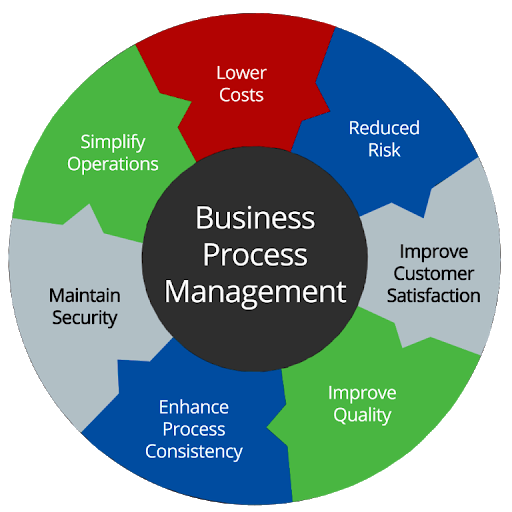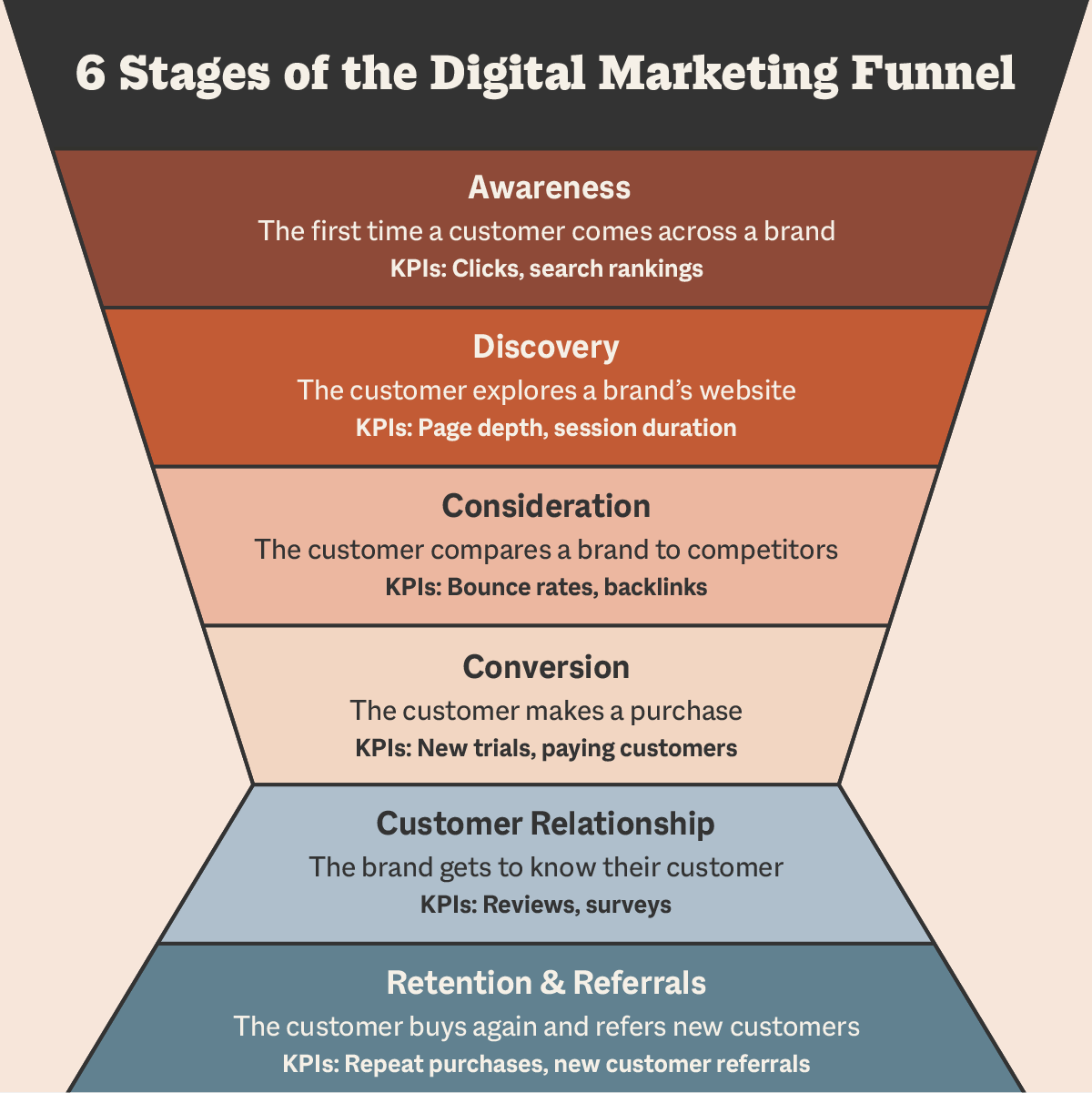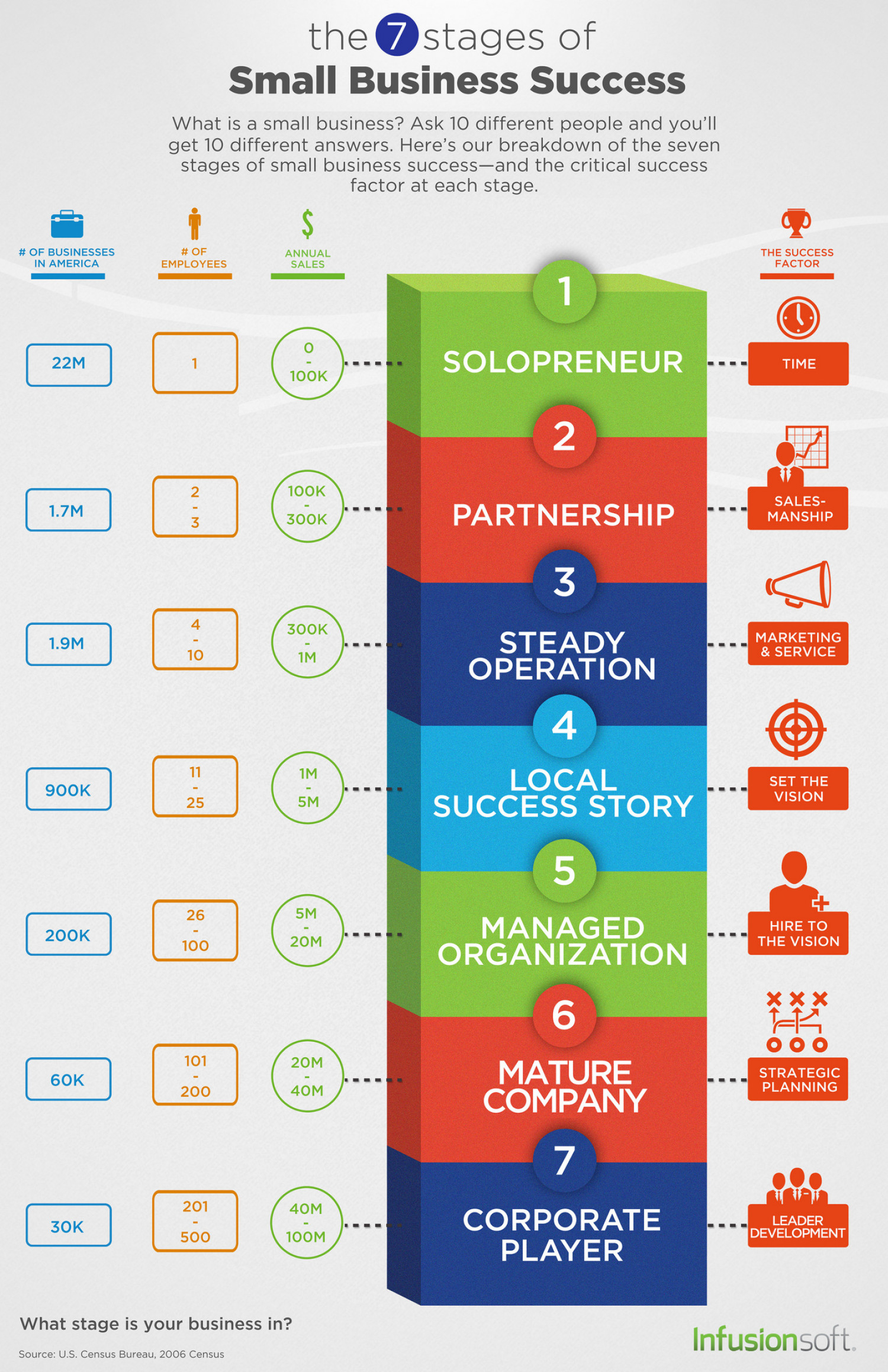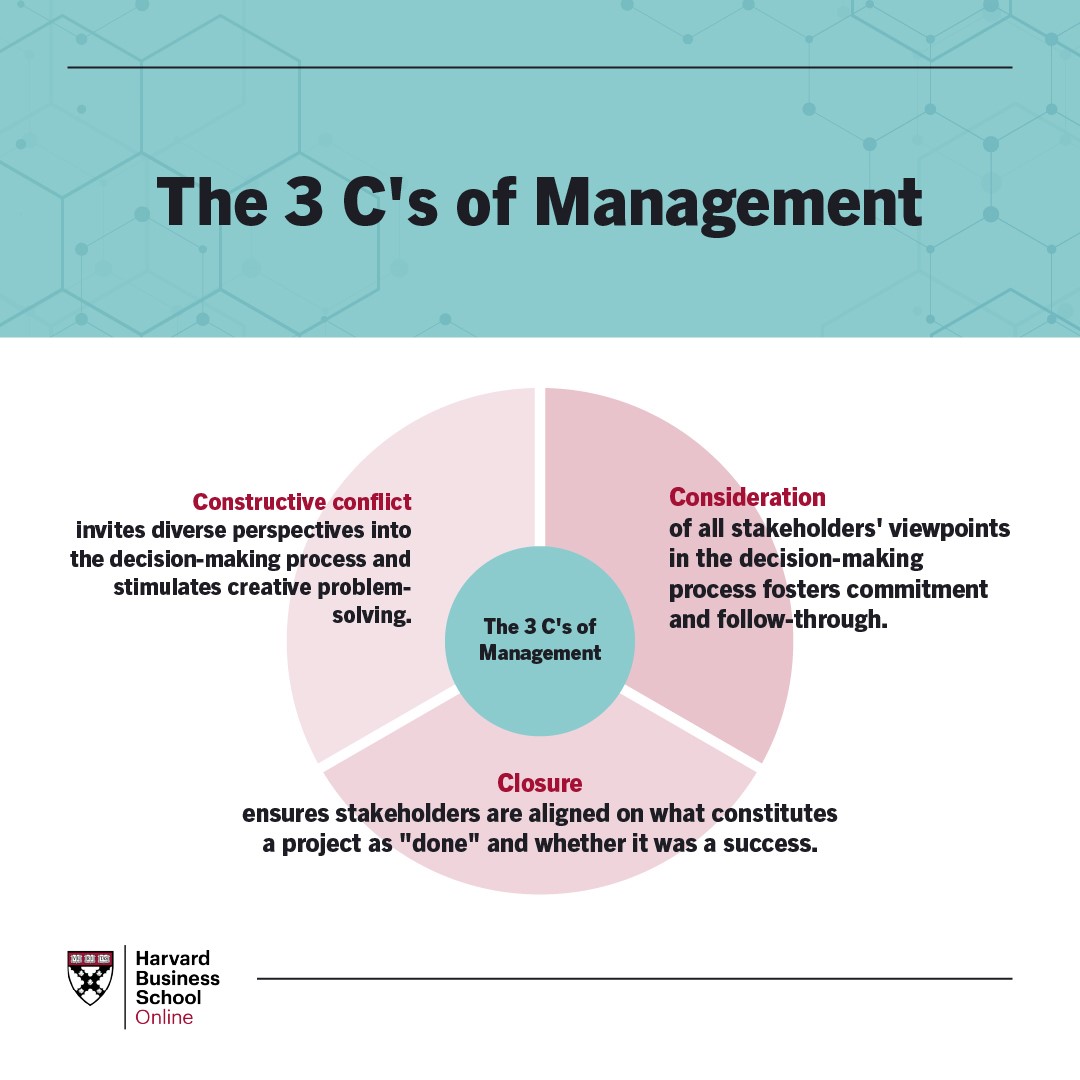Maximizing Efficiency Through Operations Management – A Guide for Businesses and Entrepreneurs
In today’s competitive business landscape, efficiency is crucial for achieving success. Whether you’re running a small startup or managing a large corporation, effective operations management can streamline your processes, reduce costs, and enhance overall productivity. In this comprehensive guide, we will explore key strategies and best practices to help businesses and entrepreneurs maximize efficiency through operations management.
1. Optimize Supply Chain Management:
Efficient supply chain management is the backbone of any business. By closely monitoring and analyzing your supply chain, you can identify bottlenecks, minimize inventory holding costs, and ensure timely delivery of goods or services. Implementing advanced technologies like inventory management software and real-time tracking systems can improve transparency, automate processes, and optimize the flow of goods from suppliers to customers.
2. Streamline Process Workflow:
Eliminating unnecessary steps and streamlining workflow processes can have a significant impact on your operational efficiency. Conduct a thorough analysis of your current workflows, identify redundancies or inefficiencies, and implement standardized procedures. Automation tools and software solutions can help automate routine tasks, reduce human error, and free up valuable time for your employees to focus on more critical tasks.
3. Embrace Lean and Six Sigma Principles:
Adopting lean and Six Sigma principles can lead to substantial efficiency gains in your operations. Lean principles focus on eliminating waste and non-value-added activities, while Six Sigma methodologies aim to reduce defects and variations in processes. By systematically applying these principles, you can optimize resource utilization, improve quality, and enhance customer satisfaction.
4. Implement Effective Project Management:
Effective project management is essential for delivering projects on time, within budget, and meeting stakeholders’ expectations. Utilize project management software to plan, organize, and track project progress. Clearly define project objectives, break them down into manageable tasks, allocate resources efficiently, and establish effective communication channels. Regularly monitor and reassess project performance to identify and address any deviations or issues promptly.
5. Foster a Culture of Continuous Improvement:
Encouraging a culture of continuous improvement is critical for sustaining and enhancing operational efficiency. Establish mechanisms for collecting employee feedback, suggestions, and ideas for process improvements. Implement regular training programs to enhance employees’ skills and knowledge. Recognize and reward employees who contribute to efficiency gains and foster a collaborative environment where innovation and improvement are valued.
6. Leverage Technology and Data Analytics:
Embracing technology and leveraging data analytics can provide invaluable insights into your operations. Use data analytics tools to analyze operational data, identify trends, and make data-driven decisions. Implement enterprise resource planning (ERP) systems to integrate various aspects of your business, from finance to supply chain management, enabling better coordination and information sharing.
7. Build Strong Supplier Relationships:
Building strong relationships with suppliers is crucial for optimizing your supply chain management. Nurture partnerships with reliable suppliers who can provide consistent quality, competitive pricing, and timely deliveries. Engage in open communication, collaborate on forecasting, and explore opportunities for joint process improvements. Strong supplier relationships can lead to better terms, reduced lead times, and improved overall operational efficiency.
In conclusion, maximizing efficiency through operations management is a continuous process that requires dedication, analysis, and adaptation. By implementing the strategies outlined in this guide – optimizing supply chain management, streamlining workflow processes, embracing lean and Six Sigma principles, implementing effective project management, fostering a culture of continuous improvement, leveraging technology and data analytics, and building strong supplier relationships – businesses and entrepreneurs can enhance operational efficiency, lower costs, and gain a competitive edge in today’s dynamic business environment.











